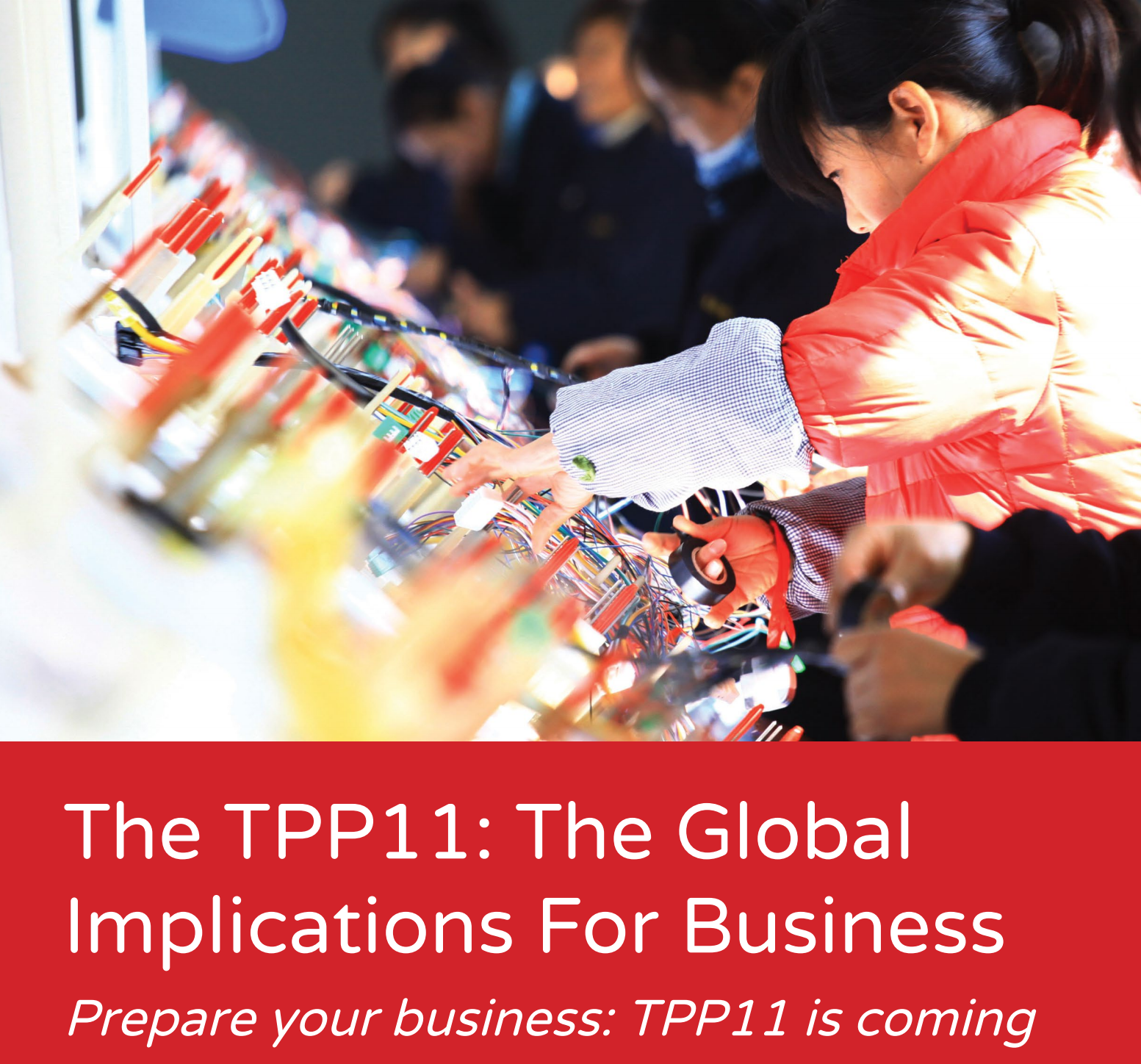After a long and arduous path, the Comprehensive and Progressive Trans-Pacific Partnership (CPTPP) trade agreement is ready to enter into force on December 30, 2018! Six member states have completed ratification procedures to allow the entire agreement to begin before the end of this year: Australia, Canada, Japan, Mexico, New Zealand and Singapore. This means that for these six members, every provision in the CPTPP will enter into force on December 30. Every tariff line will be reduced or eliminated, every service and investment sector that was pledged will be opened for CPTPP companies, all new rules on intellectual property rights start, all new customs procedures begin, new provisions for competition and state-owned enterprises kick in, labor and environment rules come into force, and so forth.
Cybersecurity: A Key Building Block for Digital Trade in Asia
Companies need effective information flows to manage and grow their business operations. But as part of our ongoing work with the 16 governments in the Regional Comprehensive Economic Partnership (RCEP) trade talks, we know that officials often argue that data cannot flow without critical building blocks in place first. Three important elements include cybersecurity, data privacy and consumer protection. We have taken on the task of working with companies in the region to develop what we think are sensible regulatory frameworks for each of these areas. These frameworks will be accompanied by indexes to track Asian government progress towards meeting specific elements. The first framework, on cybersecurity, is presented here and reprinted below. We had planned to present the cybersecurity framework to trade ministers in Singapore this weekend at the ASEAN Economic Ministers meeting. After all, the first element of the framework argues that trade and economic officials must be involved in the process of setting cybersecurity policy and not default to defense or home affairs alone. Unfortunately, ASEAN places cybersecurity matters under the political and security architecture and not in the economic pillar. It did not fit anywhere on the AEM agenda. This rather proves the point--cybersecurity cannot simply be placed in the remit of security agencies, but must include a broader set of stakeholders including trade and economic officials.
Pop Open the Sparkling Wine: Round 2 for TPP
Negotiations started in March 2010. The original deal was finished in January 2016 with 12 parties. When the United States withdrew a year later, many people expected the agreement to die a quiet death. However, officials persevered and fought hard to maintain the high quality of the trading arrangements. For many, this meant accepting tough provisions originally negotiated as part of a comprehensive package with 12 members. The consequences of the final agreement are important for companies. Our brand-new booklet on 10 Benefits of the CPTPP can be downloaded here. The final agreement signed in Chile pared back the commitments by suspending 19 elements, amending one provision, and clarifying the terms for two others. (For more specific details, see our revised Policy Brief 17-11a.)
The Final CPTPP Text is Out
The final version of the TPP was released this morning. After more than a year of renegotiation, the release seems like a bit of an anticlimax—the whole “text” is 9 pages. This does understate the issue, of course, since the entire original agreement is now incorporated by reference. The eleven country members are meeting in Chile on March 8 for signature. TPP11 is now on track to begin later this year. Firms should no longer delay. The benefits on offer are substantial. See our latest booklet on how to prepare. For regular readers of Talking Trade, I’m delighted to report that you already knew what the Comprehensive and Progressive Trans Pacific Partnership (CPTPP) contains.
Organizing Business: The Launch of the Asia Business Trade Association (ABTA)
As Bloomberg reported yesterday, rising trade tensions have made it more imperative than ever that companies remain engaged in crafting sensible trade and regulatory policies. Getting that job done, however, is unusually challenging in Asia. While there are many excellent organizations at different levels in the region—within some individual countries, across ASEAN and within APEC—what has been lacking is an institutional framework to collectively gather business input from Asia as a whole. Hence the need for a new grouping—the Asia Business Trade Association (ABTA). ABTA is a non-profit society, registered out of Singapore, to unite large and small firms from all across Asia in crafting a collective voice for companies on trade and regulatory issues.

